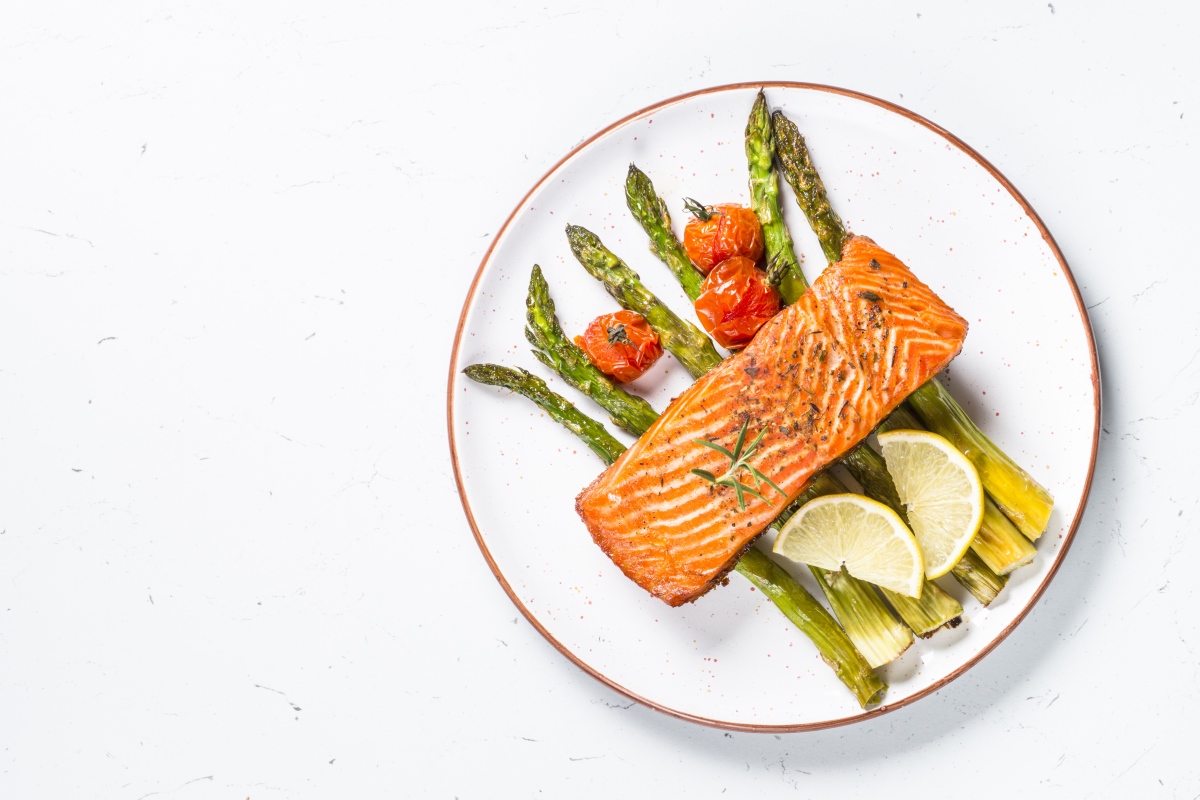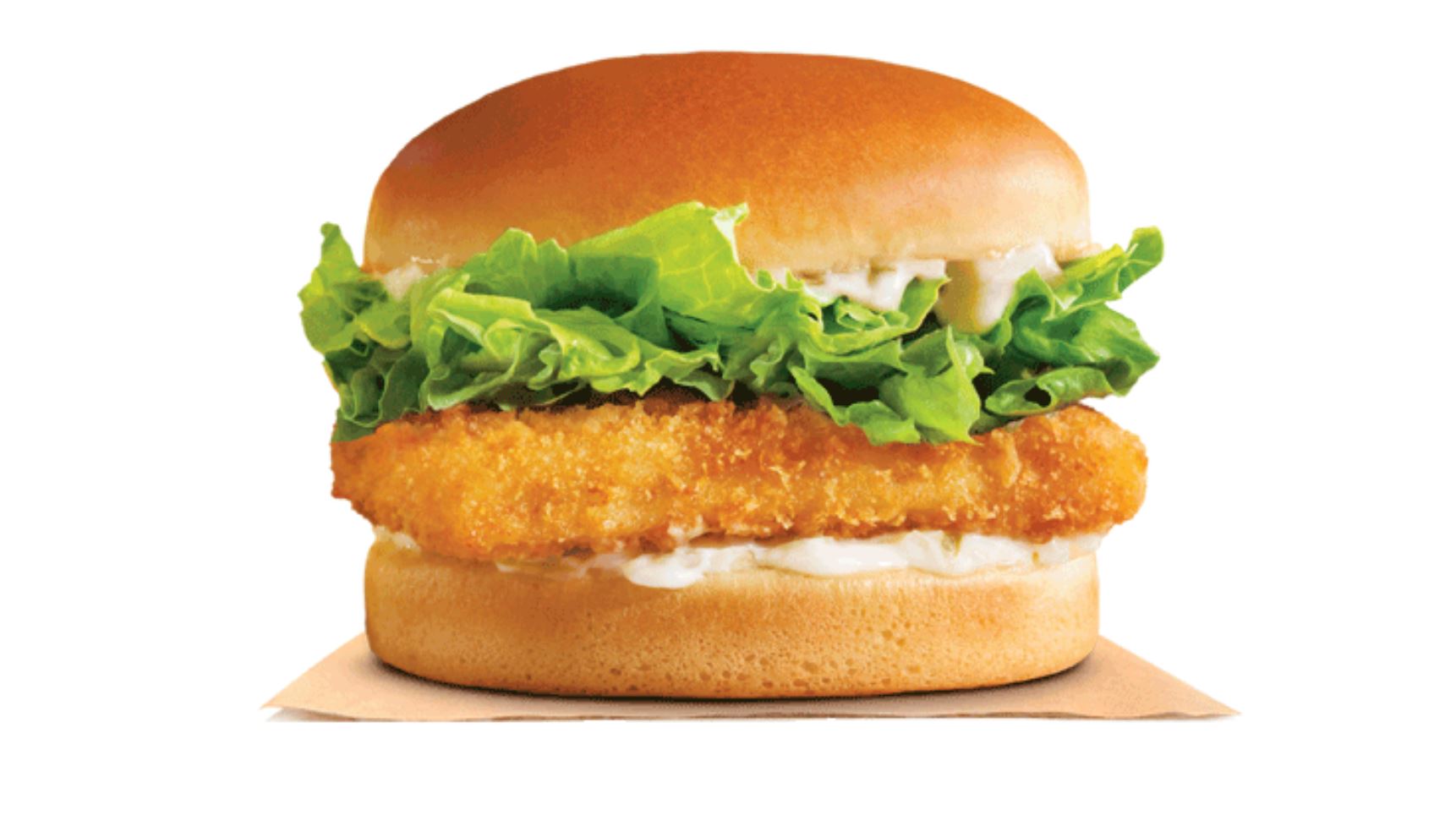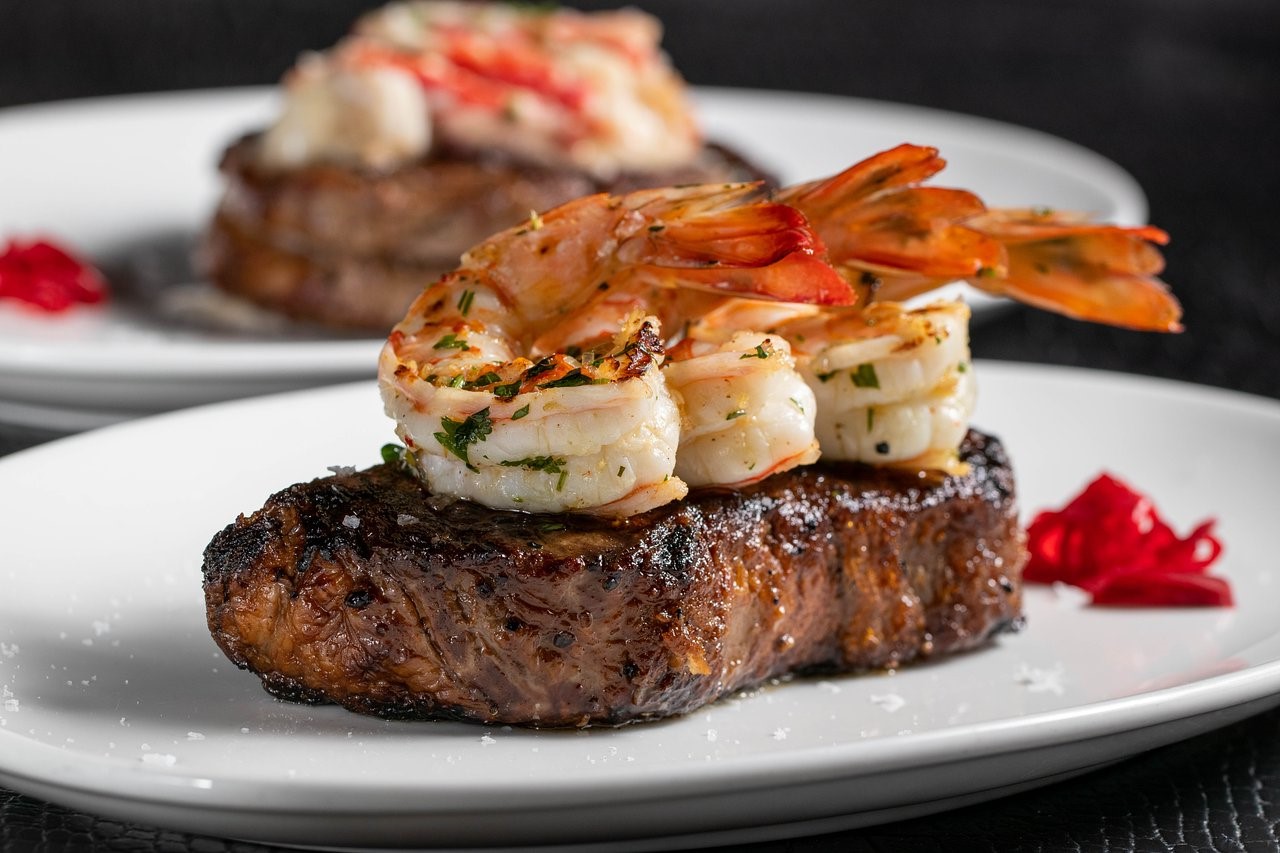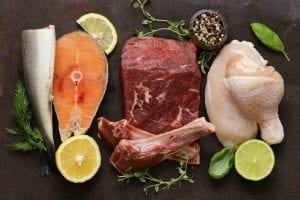What Is A Pescatarian Diet?
When it comes to dietary choices, there are numerous options available. One such option gaining popularity is the pescatarian diet. A pescatarian diet is a plant-based lifestyle that incorporates seafood as the primary source of protein. This dietary pattern is a great option for those who want to enjoy the health benefits of a vegetarian diet while still including fish and other seafood in their meals.
Understanding the Basics of a Pescatarian Diet
The pescatarian diet is built on the foundation of a plant-based eating approach, but with the added inclusion of fish and other seafood. Pescatarians avoid consuming meat, poultry, and dairy products, but they do incorporate fish and shellfish into their meals. This flexible eating plan allows individuals to benefit from the nutrients found in seafood while still embracing a generally low-fat and high-fiber diet.
Health Benefits of a Pescatarian Diet
Switching to a pescatarian diet has numerous health benefits. Here are some of the advantages associated with this eating pattern:
- Heart Health: Consuming fish and seafood provides omega-3 fatty acids, which are known to reduce the risk of heart disease and improve overall heart health.
- Weight Management: Since a pescatarian diet is high in fiber and low in saturated fat, it can aid weight management and even contribute to weight loss.
- Reduced Inflammation: The omega-3 fatty acids found in fish have anti-inflammatory properties, which can help reduce inflammation in the body.
- Brain Health: Omega-3 fatty acids also support brain health and cognitive function, potentially reducing the risk of cognitive decline and improving memory.
- Vitamins and Minerals: Seafood is a rich source of essential vitamins and minerals, including vitamin D, iodine, zinc, and selenium.
Ensuring a Balanced Pescatarian Diet
While a pescatarian diet offers many health benefits, it’s important to ensure that it is nutritionally balanced. Here are some tips to guide you:
- Incorporate a variety of fish and seafood to maximize nutrient intake.
- Pair fish and seafood with a diverse range of vegetables, fruits, legumes, and whole grains to ensure a well-rounded meal.
- Include plant-based sources of protein such as tofu, tempeh, and beans to supplement the seafood.
- Monitor your intake of mercury by choosing seafood with lower mercury levels, such as salmon, shrimp, and sardines.
- Consider consulting a registered dietitian to create a customized meal plan that meets your specific nutritional needs.
Is a Pescatarian Diet Right for You?
If you are considering adopting a pescatarian diet, it is essential to consider your personal preferences, health goals, and overall dietary needs. It may be helpful to consult a healthcare professional or a registered dietitian who can guide and support you in making an informed decision.
The pescatarian diet can be a fantastic way to enjoy the health benefits of a plant-based diet while still incorporating fish and seafood. By selecting your seafood wisely and ensuring a nutritionally balanced approach, you can embark on this dietary journey and discover the positive impact it can have on your well-being.
Remember, before making any significant dietary changes, it’s crucial to consult with a healthcare professional or registered dietitian to ensure it aligns with your overall health and personal needs.











